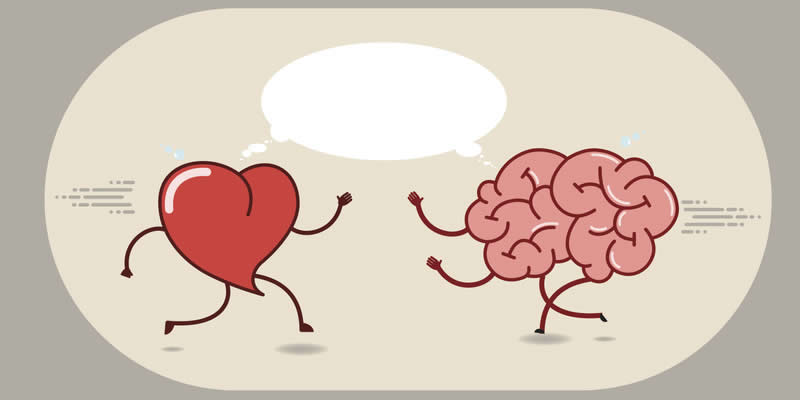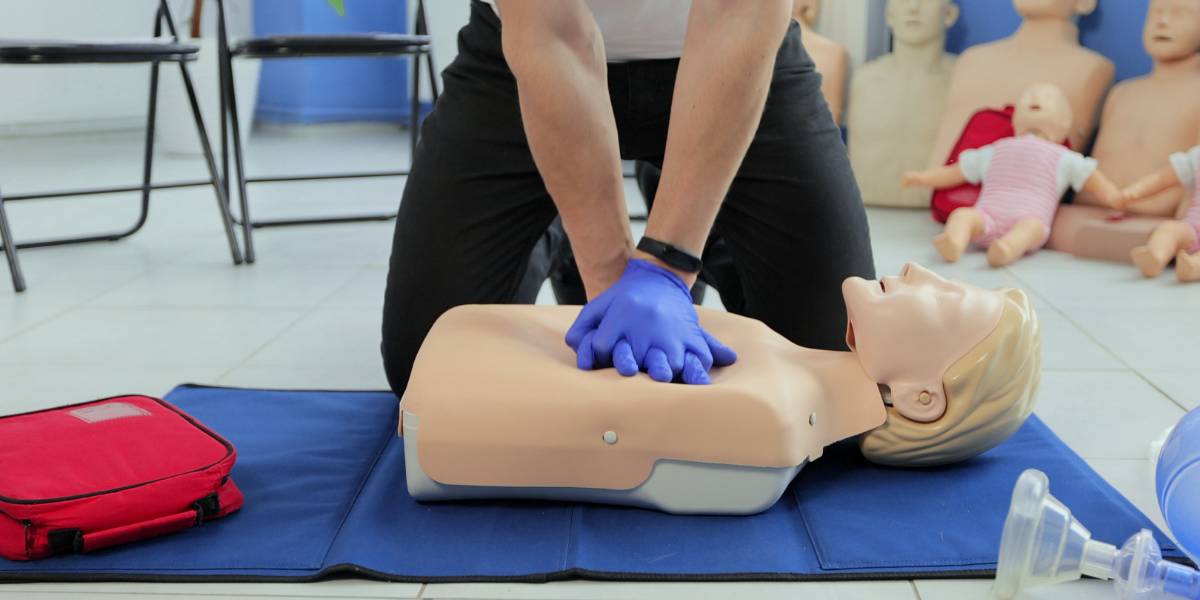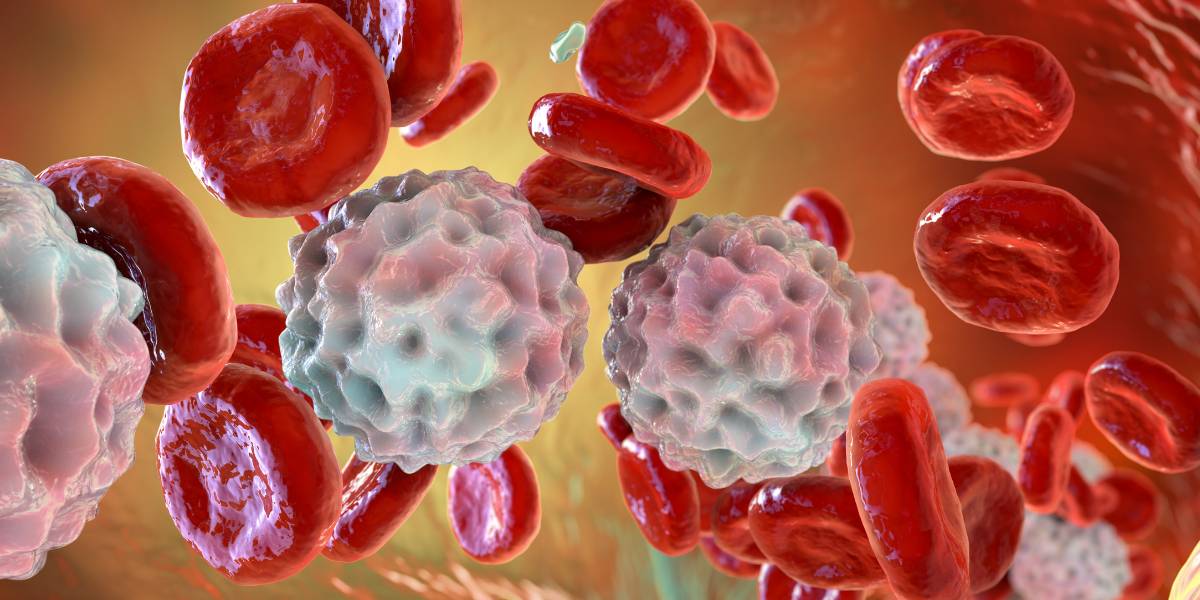A supervised exercise programme can help people who have survived a serious stroke significantly cut their chances of dying within 12 months, researchers have found.
The American study saw 246 people complete a programme of exercise, therapy and medical follow-up.
The results have led the research team to call for stroke rehabilitation to be considered in the same way cardiac rehabilitation is.
- Diabetes and Stroke – Causes and Symptoms
- Study identifies ‘perfect’ HbA1c range for reducing risk of reoccurring heart attacks and strokes
Dr Sara Cuccurullo, a Co-Principal Investigator of the study, said: “After a stroke, sometimes family members are cautious. ‘Don’t get up, you might fall.’ Many caregivers of stroke survivors discourage stroke patients from being active and mobile.
“But we are showing that even survivors of serious stroke can exercise safely in a supervised program – and they can benefit enormously.”
The study involved participants closely matched in terms of gender, race, type of stroke and medical complexity, as stroke can vary significantly from one person to another.
From a group of 449 participants, 246 completed the cardiac rehabilitation programme and from this group, four people died within 12 months of their stroke. From the group which did not participate in the programme, 14 patients died.
The latest research from the Stroke-HEARTTM Trials at Hackensack Meridian JFK Johnson Rehabilitation Institute also show the programme participants saw a significant increase – 78% – in their cardiovascular capacity. Improvements were also seen in mobility, self-care, and communication/cognition.
Talya Fleming, Co-Principal Investigator of the study, said: “Stroke survivors deserve the same benefits that patients with cardiac disease receive. As a nation, we need to do more to help patients with stroke improve their lives – to improve both their longevity and quality of life.
“We should enable stroke survivors to function in the community at the highest level possible.”
The team said the programme can make a real difference in participants’ recovery, saying: “Exercise has significant and multiple benefits associated with it, including promoting overall improvement in circulation, especially promoting enhanced circulation to the brain.”
The study has been published in the Journal of Stroke and Cerebrovascular Diseases.






